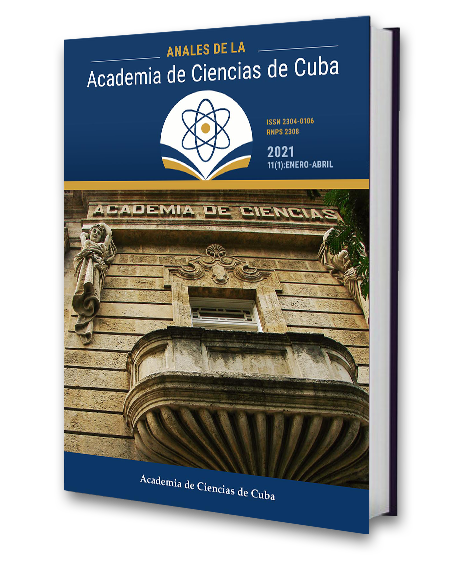Configuration of local policies for equity in the context of updating the Cuban development model
Keywords:
public policies, inequalities, local development, social justiceAbstract
Introduction: This proposal focuses on the need to innovate in Cuban social policy despite its tradition of equality, due to the repercussions that the reforms of the last decades have had on the structure of social classes. Objectives: to explain the design processes of local policies for equity, by analyzing local repertoires of public actions and the factors that determine its development (analyses of opportunities and structuring of areas where communities can take action).
Methods: A mixed design was used, mainly focusing on qualitative methods in 6 communities. 59 semiestructured interviews were conducted; 142 structured interviews were carried out with people in disadvantage; a qualitative-quantitative documental analysis of 154 local actions was made; 84 questionnaires and participative techniques in 7 local groups were applied.
Results: The importance of working in environments with a diversity of social positions was verified; also orientation of the interests towards socialist justice and participation with quality, diverse capacities to perceive inequalities and act on them; a fairer distribution of power between actors. This scenario is structured like a type of precondition for generating actions concerning various dimensions (gender, age, skin color, economic level, disability, space) that are part of different sectors of development, combine redistributive and distributive actions and get a stronger institutional support. This increases the probability of a future policy with a bigger range and sustainability; and its orientation towards a critical universalism that is required by a socialist development model.
Downloads
Downloads
Published
How to Cite
Issue
Section
License
The journal Anales de la Academia de Ciencias de Cuba protects copyright, and operates with a Creative Commons License 4.0 (Creative Commons Attribution-NonCommercial License 4.0). By publishing in it, authors allow themselves to copy, reproduce, distribute, publicly communicate their work and generate derivative works, as long as the original author is cited and acknowledged. They do not allow, however, the use of the original work for commercial or lucrative purposes.
The authors authorize the publication of their writings, retaining the authorship rights, and assigning and transferring to the magazine all the rights protected by the intellectual property laws that govern in Cuba, which imply editing to disseminate the work.
Authors may establish additional agreements for the non-exclusive distribution of the version of the work published in the journal (for example, placing it in an institutional repository or publishing it in a book), with recognition of having been first published in this journal.
To learn more, see https://creativecommons.org






